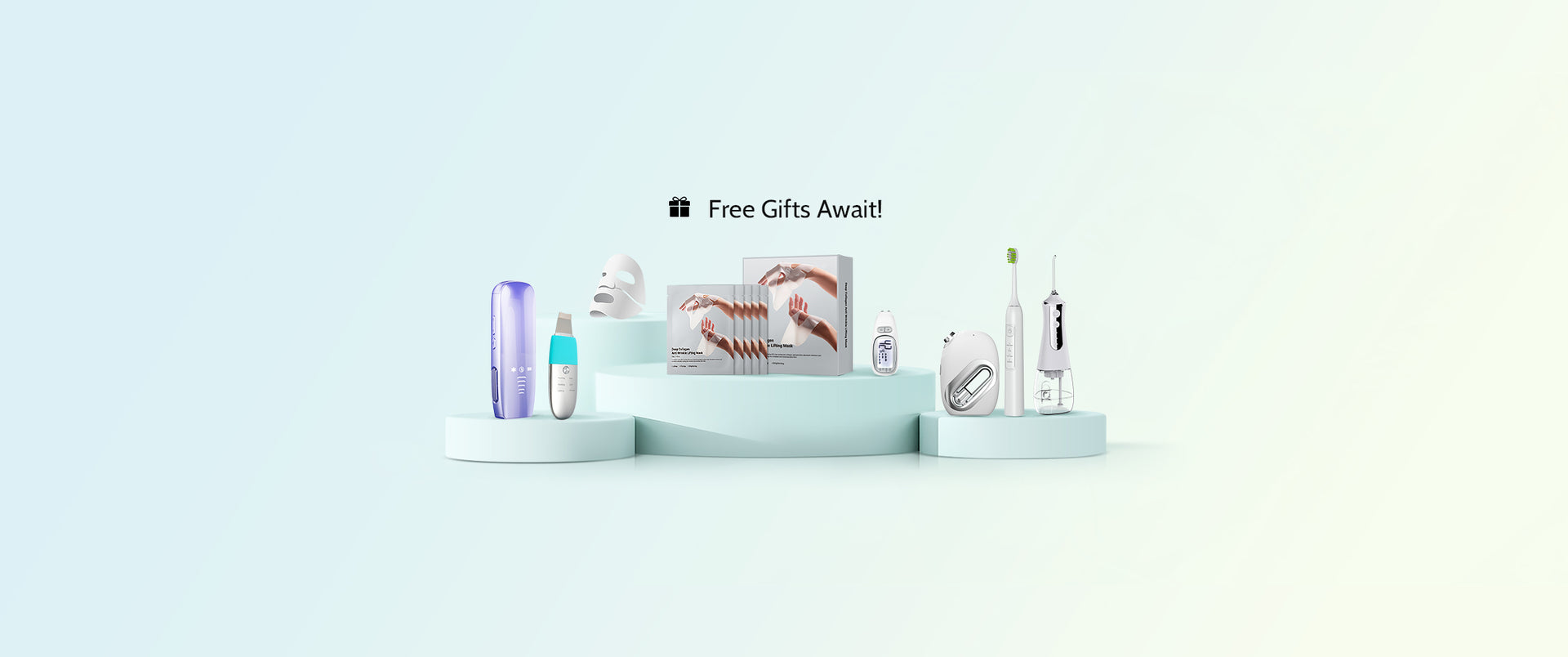What is LED Light Therapy?
LEDs (light-emitting diodes) emit narrowband, low-intensity light energy across the ultraviolet, visible, and infrared segments of the light spectrum. This emission initiates a cascade of biochemical reactions within the skin tissue, revitalizing cellular function and yielding noticeable improvements in the skin with consistent application.
Benefits of LED Light Therapy
Light therapy, though not a recent innovation, boasts a multitude of proven benefits accumulated over the years. Rxmoore LEDs, in particular, have been clinically demonstrated to stimulate cellular repair and circulation, foster collagen production, enhance skin elasticity, alleviate inflammation and joint discomfort, mitigate acne, and enhance overall skin tone and texture.

LED Devices are not Equal
Achieving medical-grade results with LED therapy hinges on several critical factors:
- Wavelength (nm)
- Intensity (mW/cm²)
- Dosage ((J/cm²)
- Proximity to the target area
Some brands may lack the clinical studies or medical clearance. Rxmoore distinguishes itself by utilizing meticulously optimized wavelengths of light and employing medical-grade LEDs, surpassing the performance of other at-home treatments. Trusted by thousands of dermatologists worldwide for their patients, Rxmoore now offers its benefits for home use.
Is LED Light Therapy Safe?
With clinical studies and nearly two decades of experience, Rxmoore technology stands as a testament to its safety and efficacy across all skin types. It entails no adverse side effects, pain, or downtime. Furthermore, all Rxmoore devices hold medical clearance and CE certification. They also adhere to rigorous international safety standards, including eye safety protocols.


